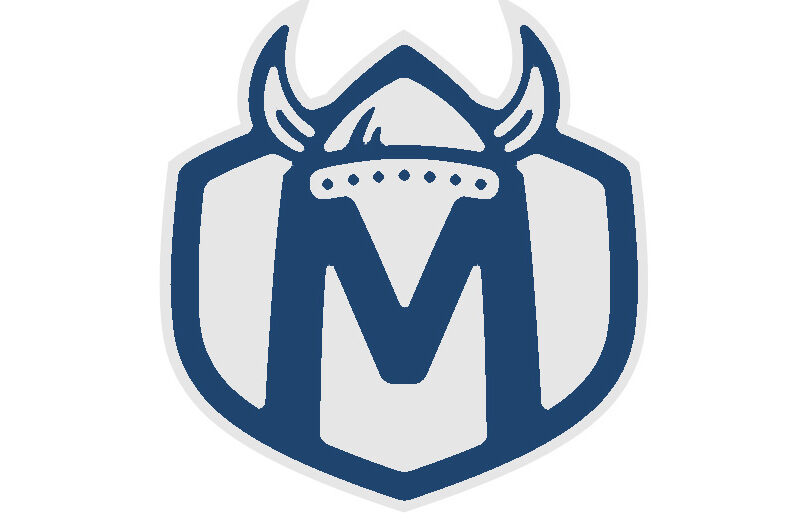Hang in here with me, because I promise to make this straightforward and painless. Estate planning is one of those things most people see the title and their eyes glaze over. I understand, but lack of foresight and preparation costs families billions and massive amounts of problems. How about estate planning basics!
This is why I want to present a simple straightforward approach without a bunch of legal jargon.
A lifetime of accumulation, then what?
You may accumulate wealth over a lifetime. And as we discuss, this wealth is a tool. It can be used to buy the things needed for a comfortable life and can provide passive income when we no longer work. Estate planning basics can make a huge difference.
A few simple actions:
The good news is a few simple actions can make a huge difference.
Estate planning is typically something no one wants to talk about. But a lack of preparation and action costs billions each year to our society.
See, without a proper plan, estates can go into a lengthy and sometimes costly legal probate process.
Here are 5 estate planning fundamentals:
Will (where there is a will, there is a way)
A will is a legal document that specifies how your assets will be distributed after your death. It can also name guardians for your minor children and appoint someone to manage your affairs if you become incapacitated.
Power of attorney
A power of attorney is a legal document that gives someone else the authority to make decisions on your behalfif you become unable to do so yourself. There are two types of power of attorney: durable and non-durable. A durable power of attorney remains in effect even if you become incapacitated, while a non-durable power of attorney terminates if you become incapacitated.
Healthcare directive
A healthcare directive is a legal document that specifies your wishes for medical care if you become unable to make decisions for yourself. It can also appoint someone to make medical decisions on your behalf.
Revocable Living Trust
A trust is a legal arrangement that allows you to manage and distribute your assets during your lifetime and after your death. There are many different types of trusts, each with its own benefits and drawbacks.
Most financial planners will recommend a revocable living trust. This trust document can be changed over time. The RLT avoids probate and can protect privacy.
Basically assets are placed in the trust during a persons lifetime.
WARNING: You Must Fund It!
Beneficiary designations
Beneficiary designations are instructions that you give to financial institutions and other organizations about who should receive your assets after your death. For example, you can designate beneficiaries for your retirement accounts, life insurance policies, and bank accounts.
The Fundamentals
These are just some of the fundamentals of estate planning. The specific documents and arrangements that you need will depend on your individual circumstances. It is important to work with an estate planning attorney to create a plan that meets your needs.
OTHER RESOURCES:
Stuff Not to Pass On To Heirs
There are some things that are a big pain and a major hassle for heirs. Here are a few notorious ones:
-Timeshares: I have no idea why these are even still a thing.
-Certain Collectibles: We do discuss collectible comics and cards at Money Vikings, but these types of things may not be the best thing to pass on to heirs. Collectibles can be a very specialized interest. Let’s be honest, we just are not that into other people’s hobbies unless we do the same hobby. I would look closely at collectibles and ensure you are not leaving your family with a major hassle.
-Operating businesses: Operating businesses can be another major headache to inherit. Similar to the collectibles, heirs may have no interest or expertise in a specific business. And selling a business can be a complicated and time consuming endeavor.

